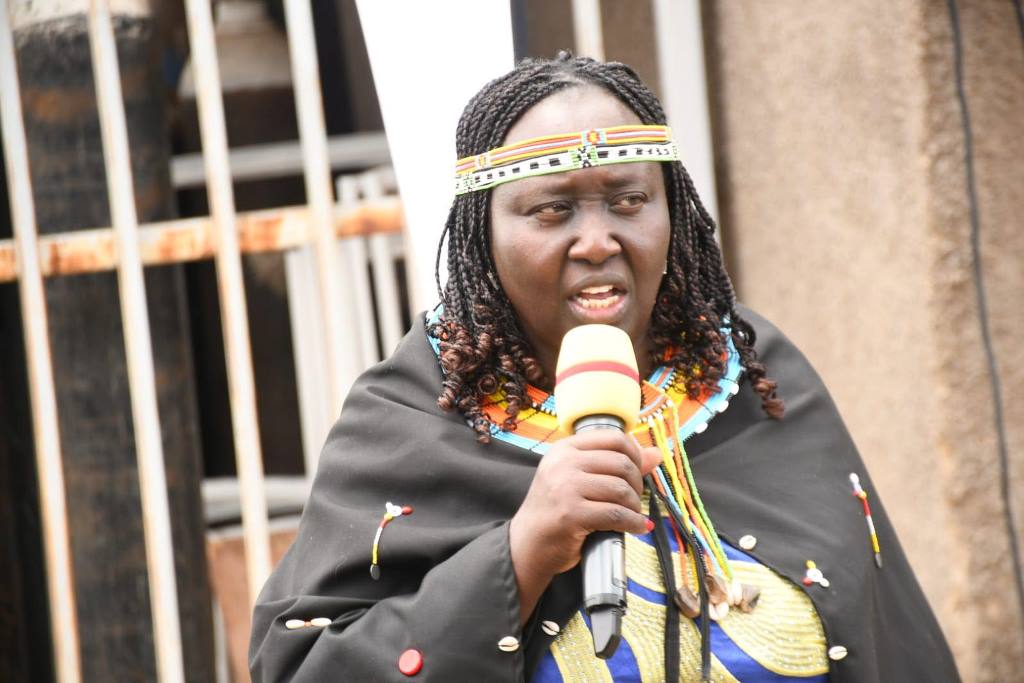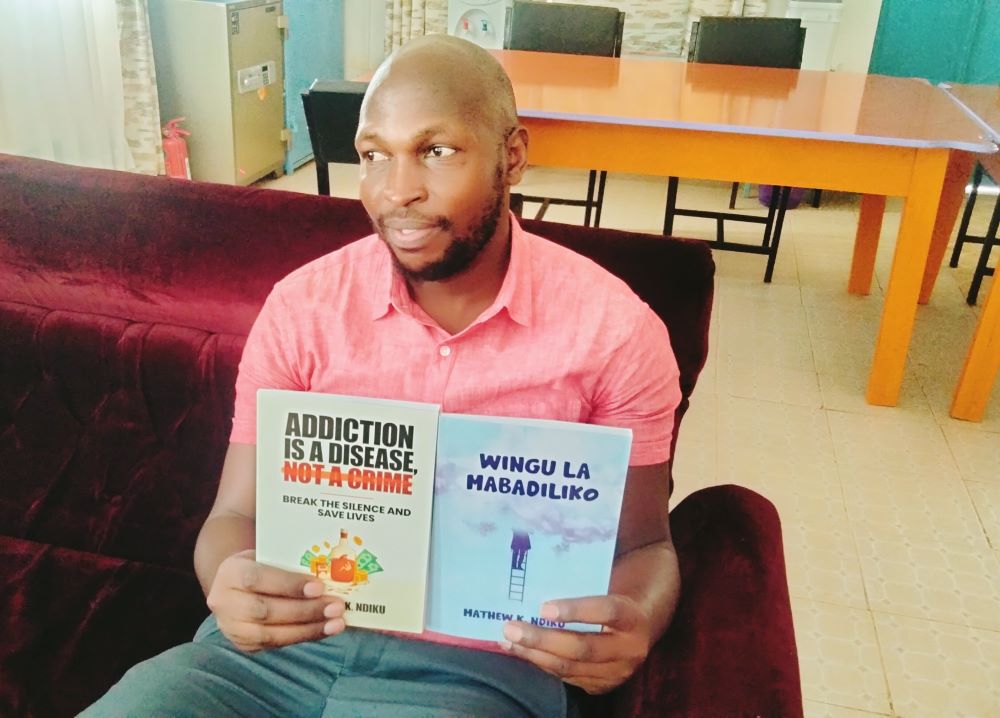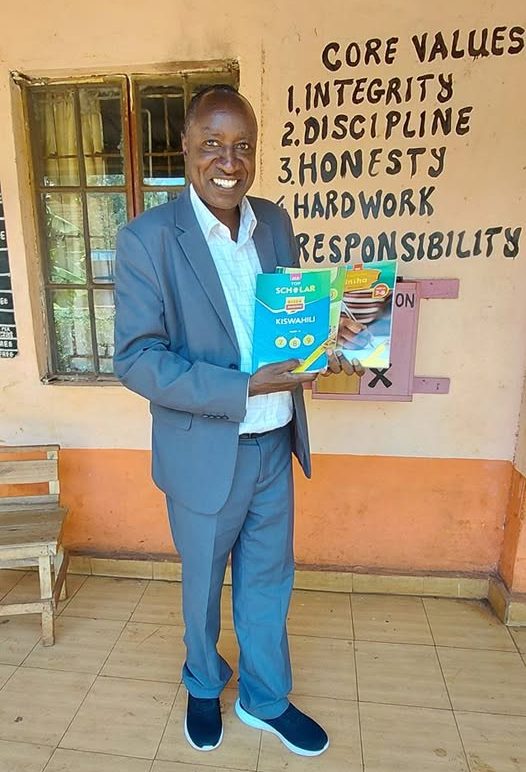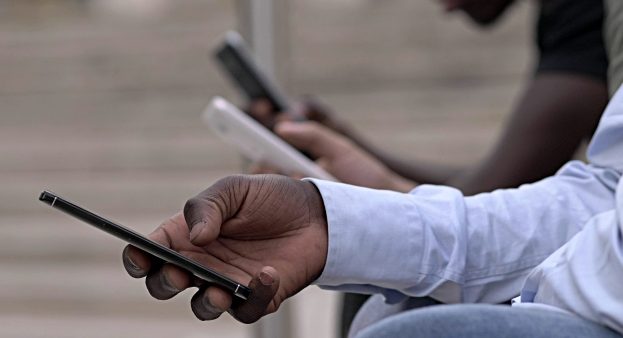The Cabinet Secretary for Culture, Arts, and Heritage, Annah Wendot Cheptumo, joined other ministry officials during the World Menstrual Hygiene Day celebrations at Nasokol Girls High School in West Pokot County.
Speaking during the function, she emphasised the importance of menstrual health education and ensuring that all schoolgirls had unlimited access to sanitary pads.
According to President William Ruto’s leadership, the Kenyan Government has given special priority to girls’ health, safety, and education by expanding the Water, Sanitation, and Hygiene (WASH) programme in schools.
In a similar way, initiatives have been put in place to eradicate unconstitutional practices like FGM through special community-led programmes.
The function, whose theme was” Together for#PeriodFriendlyWorld”, emphasised the collective need to ensure that menstruation doesn’t in any way hinder access for any girl to education, health or other related vital opportunities.
According to the available report, menstrual products are not always readily available. Many girls are still unable to afford them. In Sub-Saharan Africa, only 1 out of 8 schools (12 per cent) provides menstrual materials for free or for purchase.
READ ALSO:
A student seeking excellence must, like a cat aiming to be a lion, change habits
Conversely, different stakeholders are now pushing hard to ensure that knowledge on menstrual health is disseminated promptly, and the products are also made available.
According to reports from the WHO and UNICEF, between 2015 and 2023, only 2 out of every five schools, which account for 39 per cent, provided menstrual health education in primary schools, far below the expected levels.
Notable hygiene practices include: regular changing of hygiene products, keeping the genital area clean, using unscented toilet paper and pads, drinking enough liquids, and wearing lightweight, breathable clothing like cotton underwear.
By Hillary Muhalya
You can also follow our social media pages on Twitter: Education News KE and Facebook: Education News Newspaper for timely updates.
>>> Click here to stay up-to-date with trending regional stories
>>> Click here to read more informed opinions on the country’s education landscape






